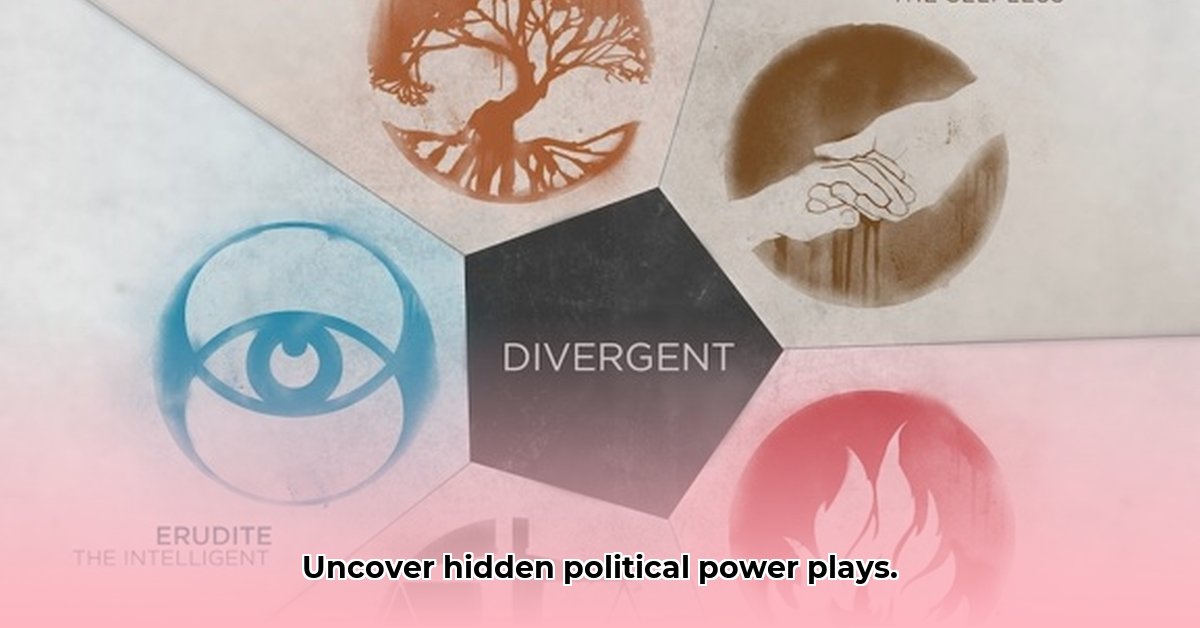
Factionalism in South African Politics: A Complex Reality
Eish, South African politics! It can feel like navigating a minefield of competing interests and shifting alliances. At the heart of this complexity lies factionalism – the existence of competing groups within larger political parties. But what exactly are these factions, and how do they impact our governance? This deep dive explores the multifaceted nature of factionalism, its consequences, and potential strategies for mitigation. Understanding this is crucial for any South African citizen engaged in the political landscape.
Defining Political Factions
A political faction, simply put, is a group within a larger political party or movement, united by shared interests, ideologies, or ambitions. Sometimes, these factions represent legitimate policy differences and provide a platform for diverse viewpoints. Think of it like a vibrant stokvel – a variety of opinions and perspectives contribute to a rich, if sometimes lively, discussion. However, when factionalism becomes entrenched, it can lead to instability and gridlock. Instead of robust debate, we get destructive infighting that overshadows the greater good.
How impactful is this factionalism? Studies show that in many cases, factional conflict reduces government effectiveness. Are you seeing the impact in service delivery in your community? This is an important question to ask.
The Double-Edged Sword of Factionalism
Factionalism is a double-edged sword. On one hand, it can enhance internal party democracy, providing a platform for diverse viewpoints and preventing the dominance of a single ideology. This internal competition can also lead to innovation and the development of more nuanced policy proposals. There is an opportunity for healthy debate that leads to improved outcomes when handled well.
However, excessive factionalism can lead to paralysis within the party. Key decisions are stalled by endless internal bickering, negatively impacting governance and service delivery. This can foster distrust in the political system, leading to voter apathy and decreased political participation. Think of it like a rugby team where everyone is focused on their own scrum or position instead of working together towards a shared victory. A lack of unity leads to defeat.
Case Study: Factionalism in the Ruling Party
South Africa's political landscape provides ample examples of factionalism, particularly within the ruling party. These internal power struggles often translate into policy disagreements, impacting everything from resource allocation to economic policy. This can directly affect essential services and has real consequences for ordinary citizens. The results are visible in many aspects of our lives. For example, how impactful is poor service delivery in your community?
Professor Nomusa Makhubu, Professor of Political Science at the University of Cape Town, highlights this in her research: "Factionalism erodes public trust, diminishing the legitimacy and authority of government. It shifts political focus from service delivery to internal conflict, which diverts resources and obstructs progress.” One wonders how to break out of this cycle.
Understanding the Dynamics of Factionalism
To effectively address factionalism, we need to understand its driving forces. Three key elements must be considered:
Internal Dynamics: Are factions well-organized, with clearly defined leadership and goals, or are they fragmented and disorganized? A highly organized faction is more effective at wielding influence.
External Relationships: How do factions interact with one another? Are alliances built, and are some factions actively working to undermine others? This understanding of their connections is crucial for analysis.
External Context: What is the broader political climate? Is the country facing significant economic challenges or social unrest? Times of crisis can exacerbate factional tensions.
Mitigating the Risks of Factionalism
Addressing factionalism requires a multifaceted strategy. Here are some key steps:
Promote Transparency and Accountability: Open governance, including transparent financial practices and access to information, weakens the power of factions operating in the shadows.
Strengthen Democratic Institutions: Robust and impartial institutions are critical to check factional power plays and ensure fair process.
Enhance Civic Education: Educating citizens to critically assess political information and participate constructively is crucial to fostering a healthy democracy.
Foster Inclusive Politics: Ensure that multiple political actors are represented, improving the inclusivity of the political system.
The Way Forward
Factionalism is an inherent challenge within many political systems. While eliminating it entirely is unrealistic, mitigating its negative effects and harnessing its potential benefits requires sustained effort. By implementing the strategies outlined above, South Africa can work towards a more stable, representative, and effective political system. The future of our democracy depends on it. What are your thoughts on this complex challenge?